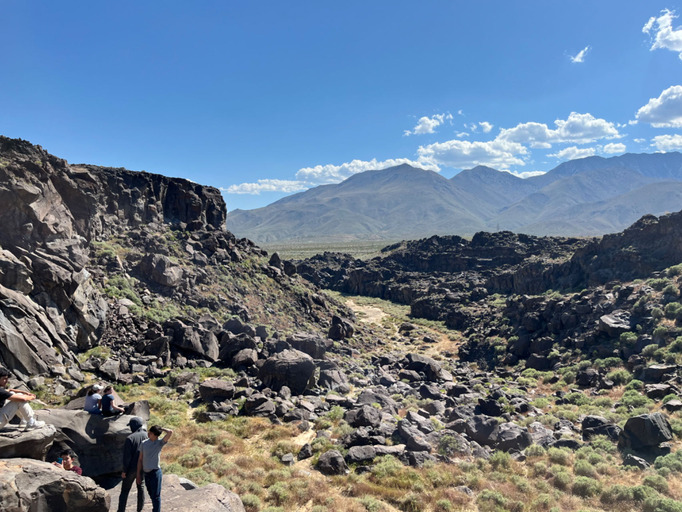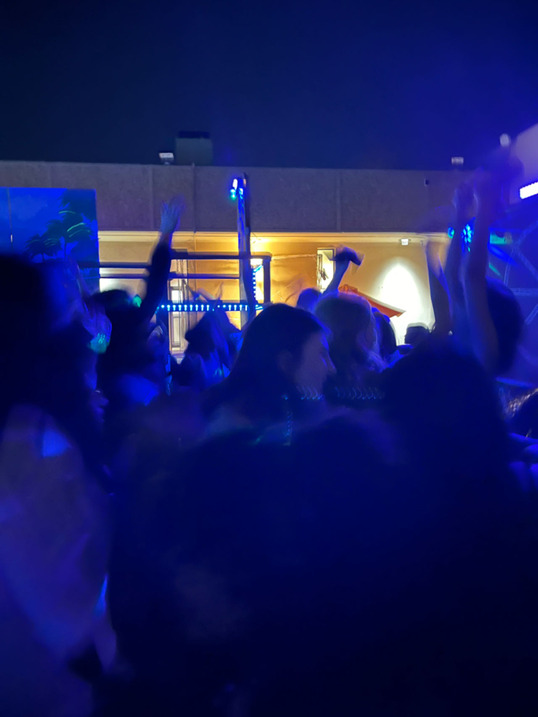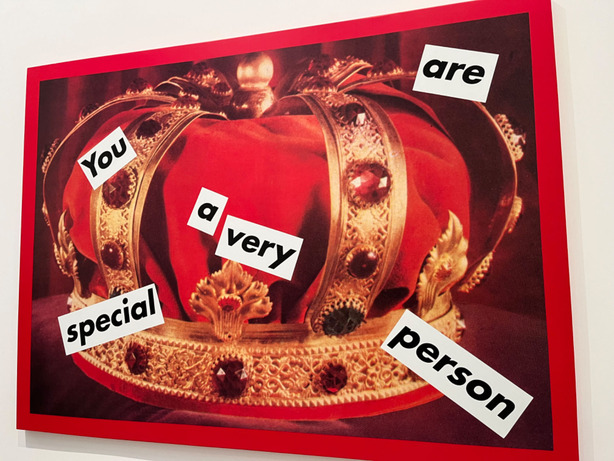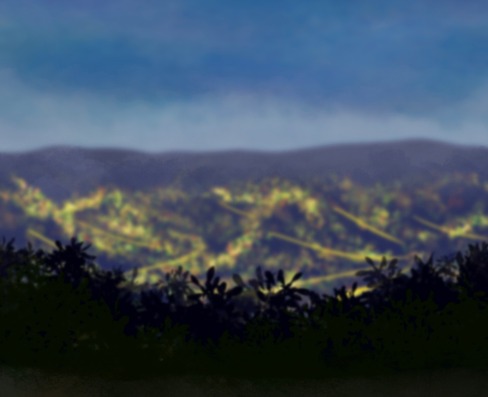Last Seasons of 17
“All rivers flow into the ocean; when will they return?” —《长歌行》
SoME2
I was able to finish my blog post for the Summer of Math Exposition 2 (SoME2) competition. Unfortunately, I was too slow to make a YouTube video, so I ended up just making a blog post full of words. It takes 20 minutes to read, but it’s on my blog so you can check it out.
Plugins and Pain
I had to use Jekyll plugins to get the $\LaTeX$ notation working, which was really annoying and took about 9 hours in total. I made a YouTube video about it and explained it there.
At least now I can use whatever plugins I want and it will work because I’m using deploying a built version of my website to Github Pages rather than the source code. Overall, I’m glad that I was able to understand the Jekyll framework, along with how branches work in Github repositories, but I still really dislike how tedious it is.
Communication in Science
The documentation also demonstrates a massive weakness in science, which I consider the programming community to be a part of.
Experts in the field will often create content that is directed toward other experts, rather than assuming that the consumer of the content does not know any of the fundamental information.
Sure, this is the most efficient way of operating from the perspective of spreading information in the field: newbies should just learn the fundamentals and then they can start tussling with the big dogs. However, this creates more problems than the merits justify.
-
When an issue that does affect the public appears, such as the coronavirus pandemic, the experts have a really hard time communicating what is going on. Exemplifying this, one of the first case-number tracking websites was actually built by a high-schooler, not an academic. If there is a disconnect between the people who know how to make attractive content for social media and the people who know how to do the science, then neither job will be done well.
-
The strength of a field is largely based on how many new people are willing to go into it. For example, on YouTube, when someone searches “physics”, the results include a lot of advancements in astronomy and quantum mechanics. This is largely because of the sheer amount of content coming out of the fields. With other parts of physics, like materials science or fluid dynamics, the results are very sparse.
-
If it is too hard to get into a field, then it will create issues for new people and decrease the popularity even if the field has merit. For instance, while Newton and Leibniz both contributed a lot to calculus, if Leibniz was not so good at communication, calculus would have taken a lot longer to become mainstream.
DALLE
I got access to DALLE, OpenAI’s text-based image generation model. I had some fun with it, it does a decent job for the most part. My favorite image is the one used in this post’s header image.
The description was “A photo of a bustling city that is split into two sections by an abyssal rift,” which leaves a lot up to interpretation, and I think that even though this is more like a mirroring than a rift, it still holds up because of the inception-like sensation.
I tried doing characters from video games and it really sucks at that because I guess there just isn’t enough data. There is a lot more data on ordinary objects like chairs and lamps, so most combinative (is that a word?) objects will need to be based on ordinary objects.
As a counter-example, I tried to make it draw some french fries, except the fries were many Leaning Towers of Pizas. This is a pretty nice idea, but it didn’t seem to understand what I meant.
Books
I’ve been enjoying reading books, which is something that the younger me would not expect, because he thought that books were boring and, therefore, a waste of time. I’m not sure what it is, either all of my favorite games aren’t fun anymore in comparison, or I just enjoy being able to absorb knowledge.
Catcher in the Rye
This book is a favorite of my 6th grade history teacher, Ms. Jue, back in Shanghai. She teaches in the U.S. now, since she was an international teacher in Shanghai originally from Buffalo, NY. I remember that she would sometimes make references to American pop culture and I would be the only one who would actually get them, which was pretty fun. This was back when The Walking Dead was popular, so it was a lot of “CARL!”
Teacher Rankings
Speaking of which, this is a great chance to talk about my favorite teachers of all time. I will keep the list to 8 people, and since I don’t really have time to justify my choices, I will just write their names and the classes they taught:
- Mr. Papp, 10th grade multivariable calculus
- Mr. Marc, 7th grade world geography
- Mr. Pullia, 5th grade homeroom
- Ms. Chen, 8th grade homeroom
- Mr. Sharp, 8th grade world geography
- Ms. Wang/Cai, 6th grade Mandarin
- Ms. Jue, 6th grade world history
- Mr. Young, 10th grade English
Now, these rankings were pretty tough to make, and if I were to make a tier list, they would all be S-tier. I took into consideration the course and the teacher, so maybe some would do better if the courses were different, and others could just improve as teachers, but I mainly value
- How rewarding the class is
- How fun the activities are
- Sense of humor
- Care for students
Book Review
Overall, Catcher was pretty good and I didn’t really see anything that would make it outrageous for use in the classroom. In addition, within its simplistic diction and syntax lies the ability to make big steps in advancing the story, the main character’s complexity, and the reader’s understanding of morality, desires, responsibility, and how people make assumptions and judgements.
Link Crew
I joined my school’s Link Crew club, which lets 11th and 12th graders guide freshmen through the year. I have to give them a guide of the school, so I will definitely include some shortcuts that basically only I use.
A great one is cutting through the courtyard. The courtyard is approximately rectangular, so the shortcut only works diagonally. Three of the doors are basically unlocked all the time and the one other door is open most times. This is a great exercise in cartographical thinking because sometimes one might consider a shortcut that isn’t diagonal, and that just ends up being a regular walk outside (which isn’t necessarily a bad thing).
Advice
I would also like to give them some advice in general:
- Don’t worry about your grades too much (but try your best in class by participating and studying)
- Don’t be afraid to join clubs (but don’t overwhelm yourself with too many)
- Organize your time with a calendar and spread the work (but always take breaks [something like pomodoro])
- Ask and answer lots of questions (but value others’s time and try to think of your own answer)
- Do a lot of what you want so that you don’t become what you don’t want.
I also have another piece of advice on a topic that many do not talk about because it is pretty tough to talk about: do not compare yourself to others and make judgements.
There are lots of students who become prideful because they are taking more high-level classes than other students. This creates a very toxic environment for competition because it becomes more about increasing score rather than knowledge. In that type of environment, becoming more knowledgable is only a byproduct or rather, excrement of being there. On the flip side, there are a lot of students who know others are in higher-level classes, and begin to doubt themselves and put others on a pedestal.
In both cases, the students prevent themselves from growing as a result of their mindset, either due to complacency or doubt. Ultimately, the importance of being humble and being confident is that the type of mindset creates the person that one becomes in the future.
Self-care
While it is good to engage with others, and my advice so far has been mostly involving that, you should also take care of yourself. This basically means to do something that you enjoy, probably alone, but it should be relaxing or fulfilling in some way.
Here are some examples:
- Walk around
- Exercise
- Sit outside in the backyard and watch the clouds
- Play/listen to music
- Read books
- Draw
- Nap






Leave a comment